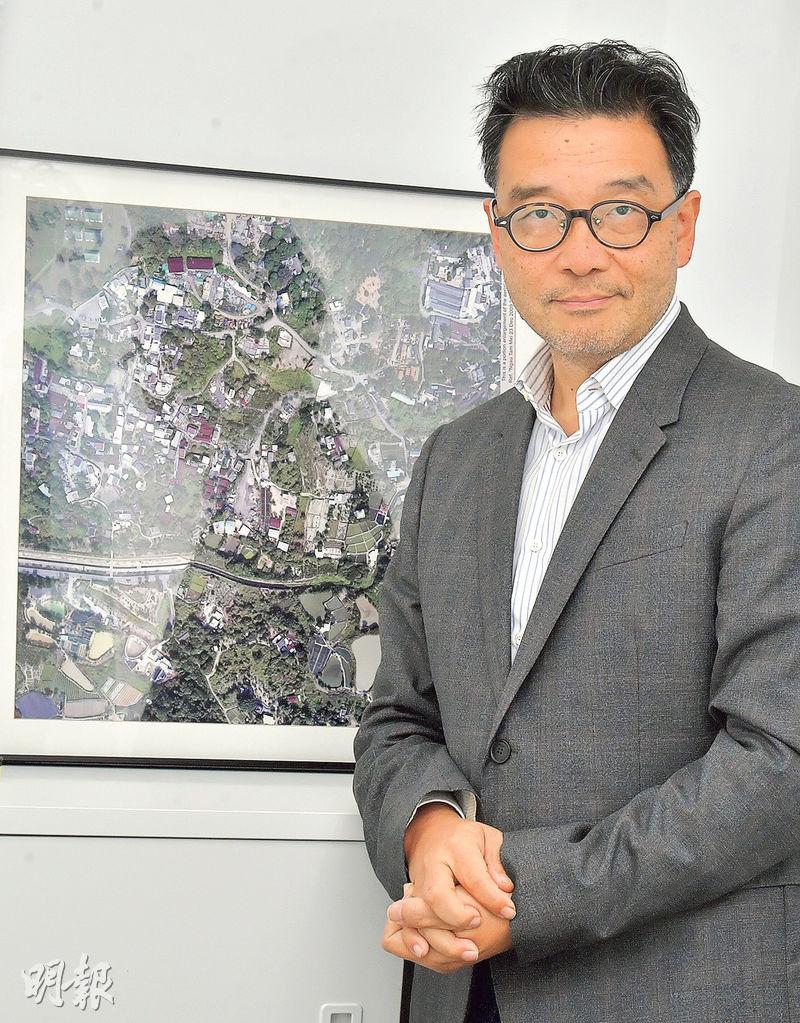Below is the second instalment from your correspondent’s Ming Pao interview on HK’s economy and global positioning, in the context of tax competitiveness and web3 race amongst jurisdictions:
1) Cryptocurrency
– Cryptocurrency will likely replace gold which is physically difficult to carry and is now hunted across most international borders – whereas crypto allows more liquidity, flexibility and privacy and is a far superior means of wealth storage
2) Hong Kong’s regulation on Cryptocurrency / Digital Assets
– Intangible assets, such as Crypto, are invented to protect privacy and to disintermediate and cut costs
– Money laundering as an argument to crack down on cryptos is a false argument – USD cash is multiples more prevalent as a medium for illicit money laundering
– The current spate of persecution of crypto ecosystem in the USA is the result of power grab by various regulatory bodies, each trying to carve out its own territory ahead of the other (SEC, CFTC, Fed, FDIC, etc) and gives light touch jurisdictions like HK a best chance to seize leadership
– Some of the biggest crypto businesses started in HK, such as FTX, Bitmax, Binance, Huobi, Bitfines, and OKX – now is the time to attract them and others to domicile here while the US is in disarray
3) HK should resist joining the global tax hunt (started by USA)
– New innovations such as Crypto should be allowed to grow with minimal government intervention
– HK’s tax future should be no corporate/income tax but more on land and consumption tax so as to attract all businesses fleeing the tyrannical western high tax regimes. Calls for ‘widening the tax’ base are vested interest groups (ie academics and accountants) trying to enlarge their pie at the cost of tax paying people
– By being a tax friendly regime, HK now has the backing of China so need not bend its knees to high tax countries. In so doing, the city will attract far more talent and capital and businesses than any promotional schemes giving away free air tickets can achieve.
General Disclaimer – where quoted in media reports, your correspondent does not exercise control on editorial policy and therefore what appears in the publication may not coincide, or even rarely, contradict your correspondent’s views…
For instalment 1, please see here.

